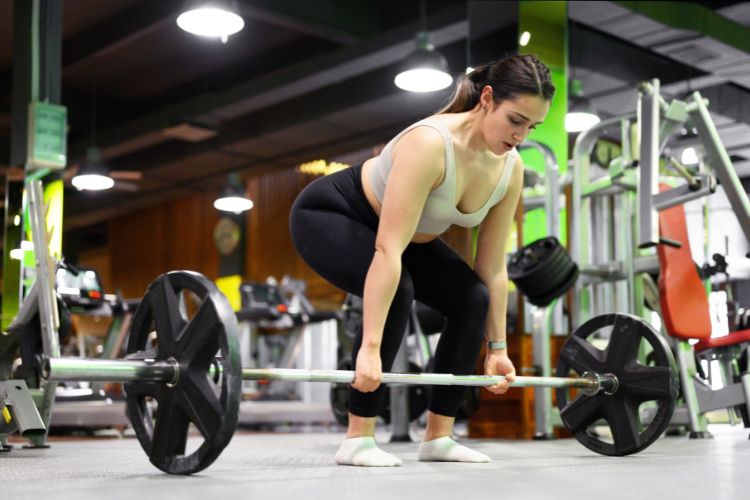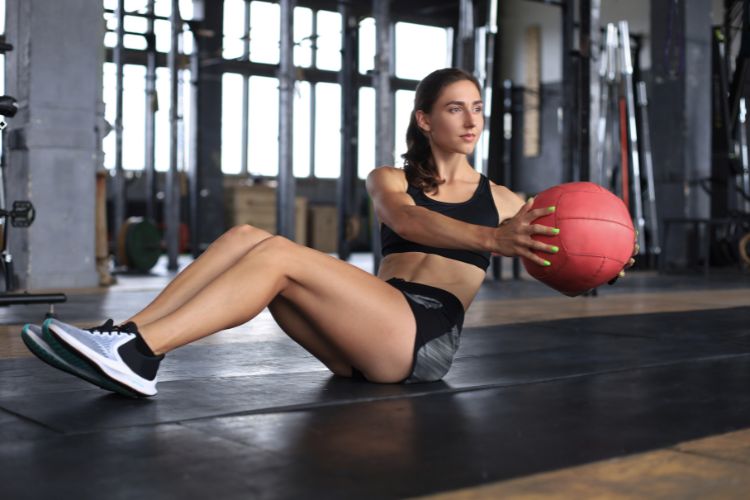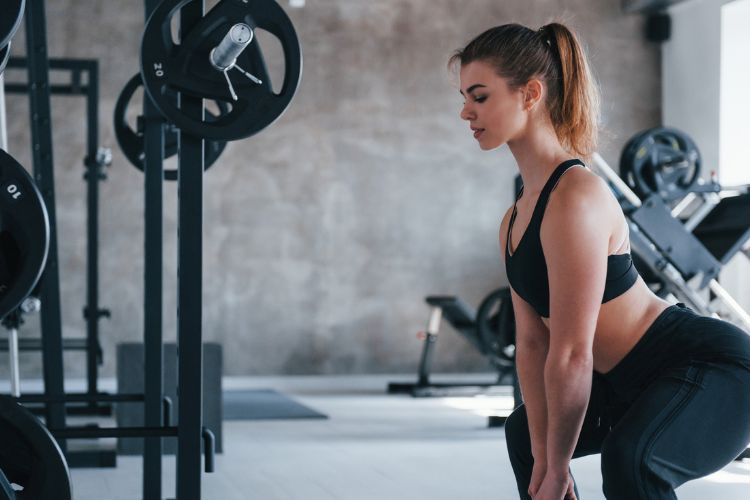Sign up for workout ideas, training advice, reviews of the latest gear and more.






When it comes to maintaining independence in daily life, certain tasks are fundamental for individual well-being and self-sufficiency. These tasks, known as Basic Activities of Daily Living (ADLs), serve as a primary measure in various sectors, from healthcare to social work, to determine an individual’s capability for self-care and independent living. This article explores the ADLs, their significance, and their impact on an individual’s quality of life.
Basic Activities of Daily Living (ADLs)
ADLs are essential daily tasks that most people typically learn and perform independently by late adolescence. Dr. Sidney Katz first introduced the concept in the 1950s when he developed a scale for measuring an elderly person’s ability to live independently. The core ADLs are:
Ambulation: The ability to move around without assistance, whether it’s walking on one’s own or transferring from a bed to a wheelchair.
Bathing: Being able to wash one’s body, either in a shower, tub, or by sponge bath.
Dressing: The capability to select appropriate attire and put it on without help.
Eating: Being able to feed oneself, even if meal preparation is needed by someone else.
Toileting: Utilizing the restroom, including getting to the toilet, cleaning oneself, and returning.
Personal Hygiene: Engaging in activities like brushing teeth, grooming, and other personal care tasks.
Assessment in Healthcare: In both the medical and social work fields, ADLs serve as a tool for assessing an individual’s functional status. For instance, a person recovering from surgery or a stroke might be evaluated based on their ability to perform ADLs, helping healthcare professionals tailor rehabilitation programs.
Determining Support and Care Needs: ADLs can also indicate the type and level of assistance required by an individual. If someone struggles with multiple ADLs, they might need to consider assisted living facilities or in-home care services.
Insurance and Benefits: In some cases, eligibility for benefits or insurance policies, such as long-term care insurance, might depend on an individual’s ability or inability to perform several ADLs.
Quality of Life Indicator: Being able to perform ADLs is directly linked to one’s autonomy and independence. When people start losing the capacity to carry out these activities, it can lead to decreased self-esteem, depression, and a perceived reduction in the quality of life.
Age: As people age, muscle strength, mobility, and coordination can diminish, making ADL tasks challenging. For example, arthritis might make it difficult for someone to dress independently.
Disease and Chronic Illness: Conditions like Parkinson’s, Multiple Sclerosis, or Alzheimer’s can impede one’s ability to perform ADLs.
Mental Health: Depression, anxiety, or other mental health disorders might make an individual neglect their personal hygiene or feeding, even if physically capable.
Injury or Surgery: Temporary incapacity due to injury or post-surgical conditions can affect an individual’s ADL competence, requiring assistance until they recover.
When individuals face challenges with ADLs, various interventions can support and improve their capability: (basic activity of daily living)
Physical Therapy: Tailored exercises can improve strength, balance, and coordination, enabling individuals to perform ADLs more efficiently.
Occupational Therapy: This focuses on teaching individuals alternative strategies and using adaptive equipment, such as grab bars or long-handled sponges, to perform ADLs.
Home Modifications: Simple changes, like installing ramps or walk-in showers, can make a big difference in an individual’s ability to carry out ADLs.
Personal Care Assistance: For those who need more constant help, personal care assistants or caregivers can offer support in performing ADLs.
Basic Activities of Daily Living are a foundational metric in understanding an individual’s independence and functional capacity. By recognizing the challenges people face in performing these tasks and offering the necessary support, we can ensure that they maintain a high quality of life, irrespective of age, illness, or injury. ADLs, while basic, are deeply intertwined with our dignity, self-worth, and freedom.
Stay up to date on the latest women’s health, fitness and lifestyle trends and tips.